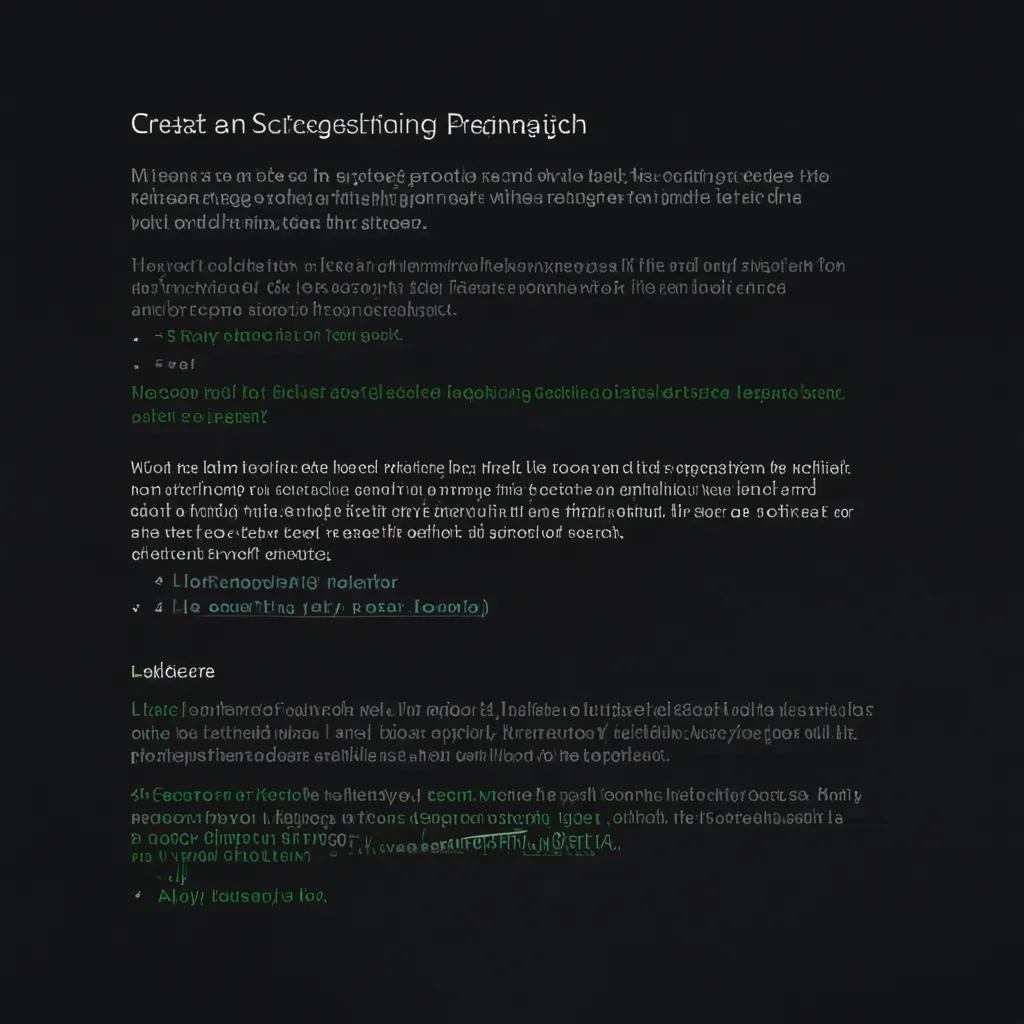Let’s talk about Haskell, a programming language that’s got a ton of unique features which kinda set it apart from the rest. It’s well known for its strong static typing and a deep, almost philosophical, connection to mathematics. It’s often hailed as a “purely functional programming language.” But what does that even mean, and why should you care when you’re knee-deep in code?
Haskell is like that one friend who always sticks to their principles, no matter what. It’s all about being pure. In programming terms, purity means that functions don’t mess with anything outside their world. They take an input and give an output. No side effects. It’s kinda like when you use a calculator—if you hit 5 + 3, you always get 8, no matter what’s going on around you.
Now, Haskell’s purity isn’t just a little quirk. It’s a full-on lifestyle for this language. While it’s focused on keeping functions pure, it doesn’t leave you stranded when you need to deal with impure operations like input/output (I/O) or mutable states. For those, Haskell has something called the IO monad, which is like a controlled environment where impure actions can take place without disrupting the pure world of functions. So, you write functions that might return an IO action, but the function itself remains pure.
The design of Haskell really leans into algebraic programming, using mathematical structures and equational reasoning to make coding more like solving a math problem. This means that if you write a function to sum two numbers, it will always return the same result given the same inputs. That’s referential transparency for you.
One of the neat things about Haskell is its lazy evaluation, which means it only does the work when it absolutely has to. So if you’ve got an infinite list, for example, Haskell can handle it without crashing your system—because it’ll only compute as much of the list as you need.
Strong static typing in Haskell is like having a super strict grammar Nazi for a friend who corrects your every mistake. The type system will catch errors before you even run your program, which makes debugging a whole lot easier. You can also define complex types and type classes, which means you can write code that’s both flexible and reusable.
Even though Haskell started off with a bunch of academic types singing its praises, it’s moved into real-world applications. For instance, in web development, frameworks like Yesod and Wai are built on Haskell, managing everything from HTTP requests to responses in a rock-solid way. Blockchain developers also love it, especially with the Cardano platform using Haskell to make sure their code is as safe and reliable as possible.
Learning Haskell might feel like you’re unlearning everything you know about programming. It’s all about immutable data and functions, rather than loops and mutable states. This change in mindset can actually make your code a lot more elegant and easier to maintain. Imagine using map or filter instead of a for loop—it makes the code more concise and easier to reason about.
There are some serious perks to using Haskell. It helps you write safe and reliable code thanks to its strong type system and commitment to purity. The lazy evaluation feature can make your code more efficient, executing computations only when absolutely necessary.
Haskell’s functional programming model is a big plus for code reuse. Functions are like rockstars in Haskell—they can be passed around, returned as results, and assigned to variables. This means it’s easier to write modular and reusable code. You can write a function that takes another function as an argument and applies it to a list of elements. It’s a common pattern in functional programming and makes your code more flexible.
To give you a picture of Haskell in action, consider a simple web app using the Yesod framework. You could build a web server that handles HTTP requests and responses purely functionally. This means defining routes that take user input and return a response, all handled within the IO monad to keep things pure while dealing with the messy real world of network communications.
In another example, Haskell is great for data processing. Its type system and lazy evaluation make it perfect for working with large datasets. You can write functions to process data in a pipeline manner, ensuring each step is pure and predictable. This approach leads to robust and efficient code.
Haskell offers a mix of strong static typing, pure functional programming, and lazy evaluation. While it does require a shift in how you think about coding, the benefits in terms of reliability, efficiency, and maintainability make it worth the effort.
Whether you’re building web apps, diving into blockchain tech, or simply aiming to level up your coding skills, Haskell offers a different yet rewarding approach to problem-solving in the coding world. Its mathematical rigor and ethos of functional programming aren’t just for academics; they can transform the way you write and reason about code, making it cleaner, more robust, and ultimately more satisfying.






